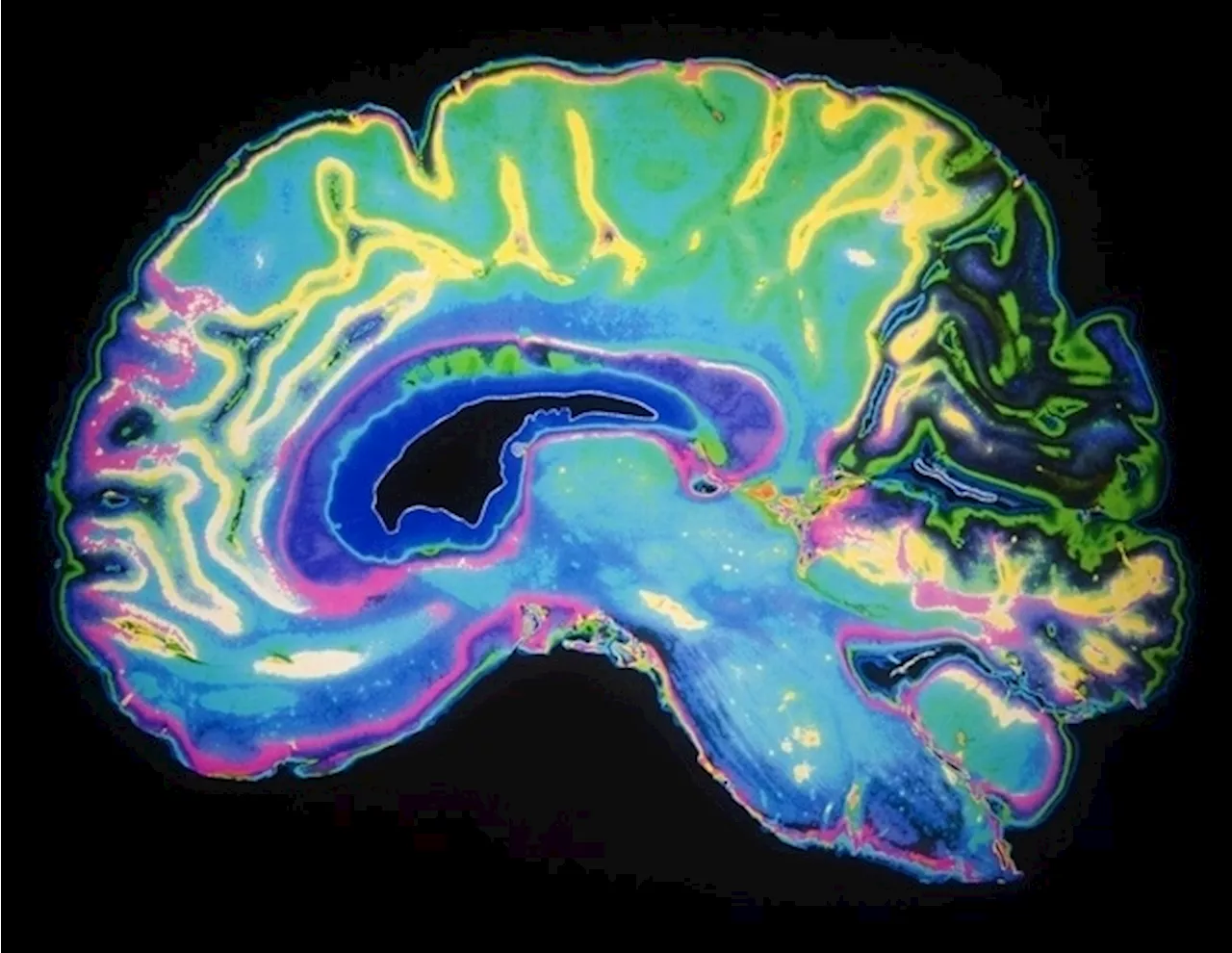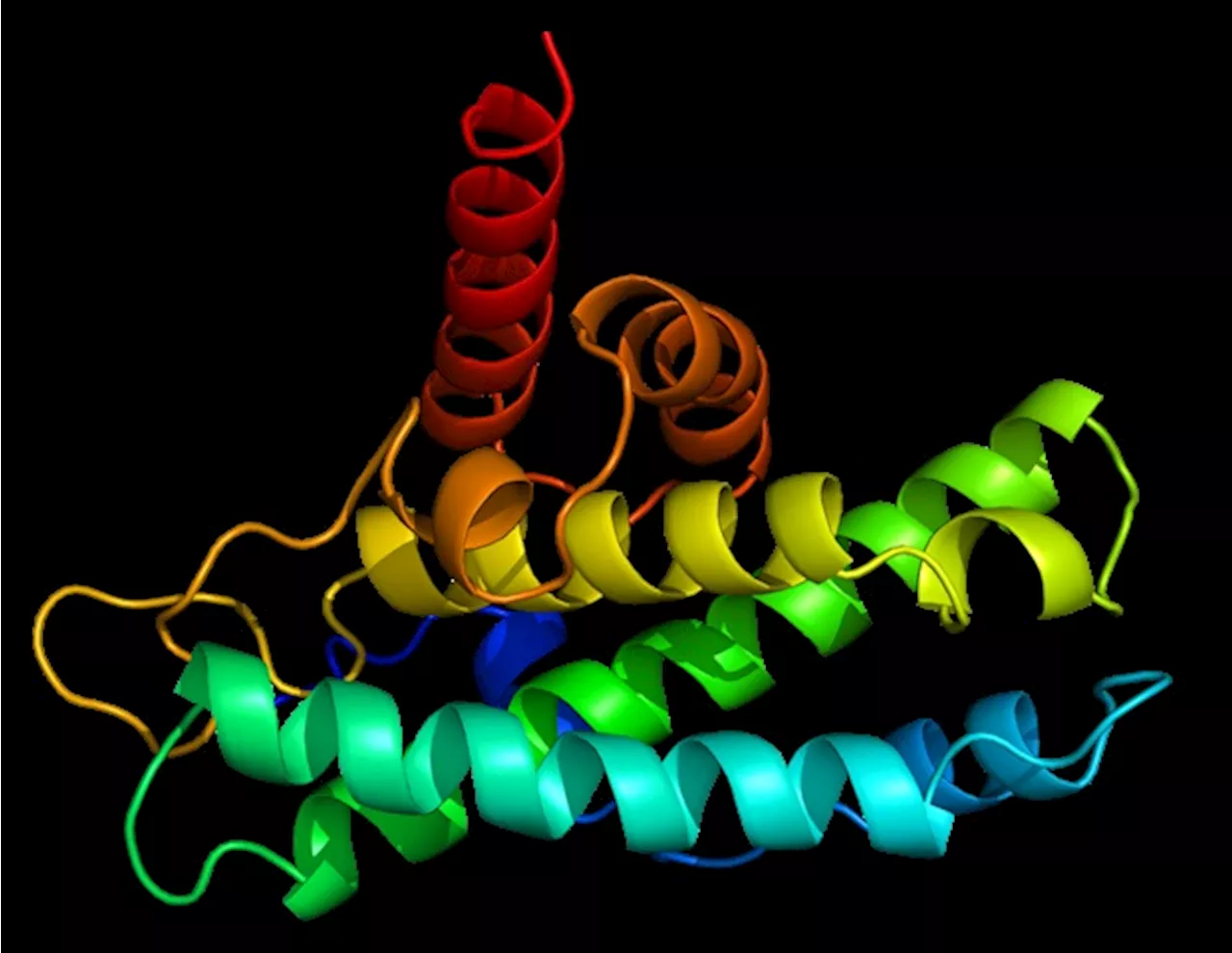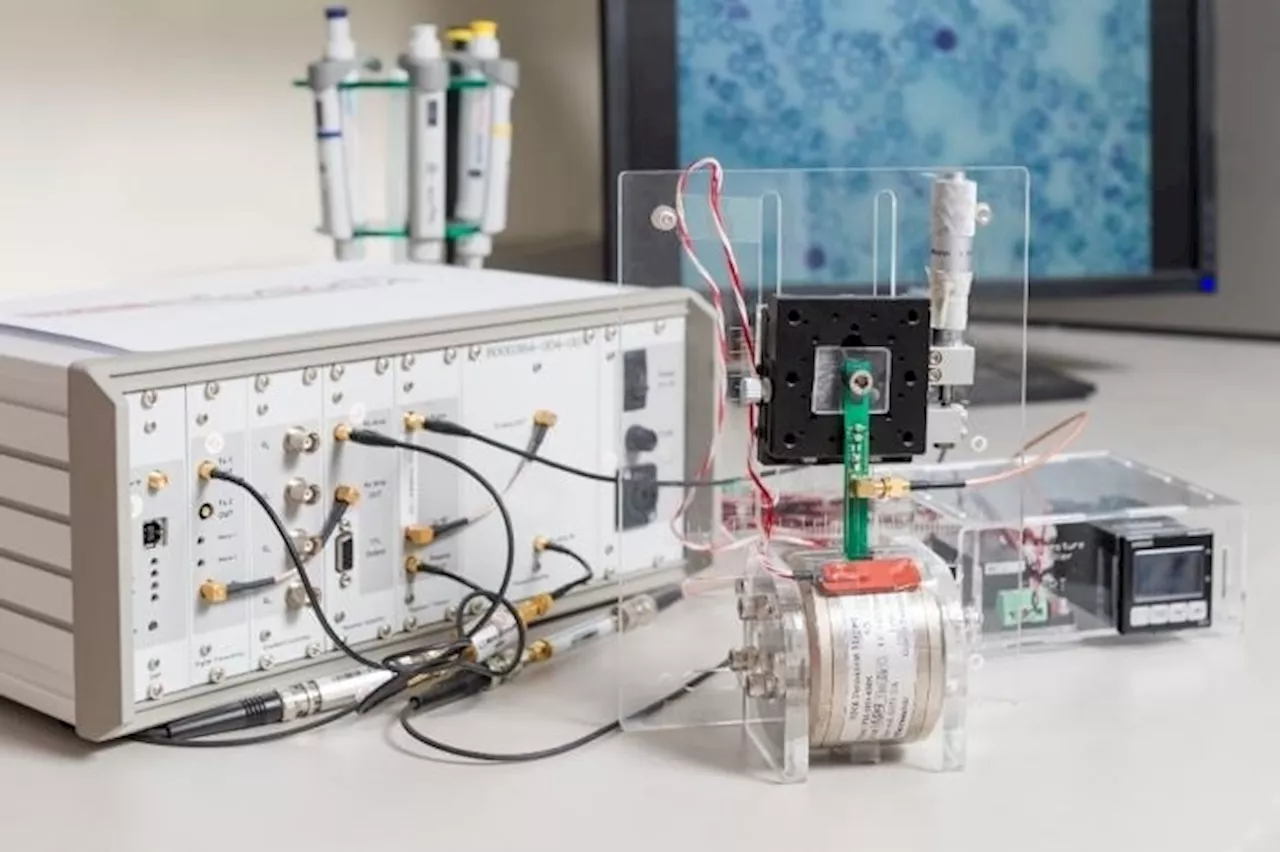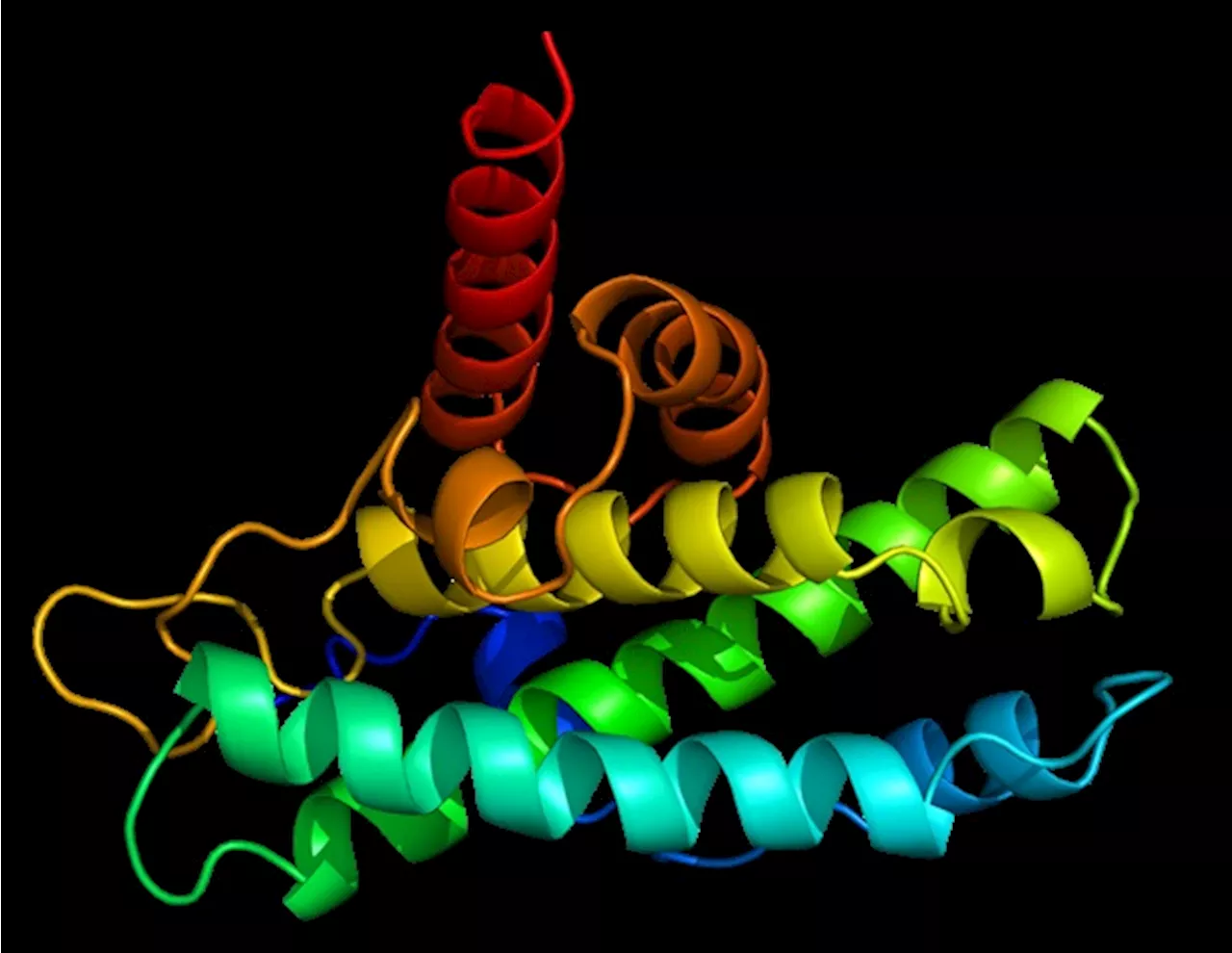T helper (TH) cells are essential immune cells that help other immune cells function effectively. When activated in response to environmental stimuli, these cells can differentiate into either TH1 cells, which fight against viruses and intracellular pathogens, or TH2 cells, which fight against extracellular pathogens like bacteria and parasites.
Brigham and Women's Hospital Nov 12 2024 Vijay K. Kuchroo, PhD, DVM, of the Gene Lay Institute of Immunology and Inflammationof Brigham and Women’s Hospital , Massachusetts General Hospital and Harvard Medical School and the Ann Romney Center for Neurologic Diseases at Brigham and Women’s Hospital , is the co-corresponding author of a paper published in Nature, “Neuropeptide signaling orchestrates T cell differentiation.
Our research has shown that virally infected neurons play a significant role by promoting the development of TH1 cells and inhibiting TH2 cells during viral infections. This communication between infected neurons and the immune system happens through molecules called neuropeptides, which interact with specific receptors on T cells to guide their fate. This process is crucial for the body to effectively control viral infections.
Related StoriesBy combining various gene and and cellular biology techniques, we demonstrated that the neuropeptide receptor RAMP3 plays a key role in how T cells develop using preclinical models. We showed that neuroimmune circuits, influenced by neuropeptides and theirreceptors, play a pivotal role in determining T cell fate. We also explored how neuropeptides ensure optimal T cell differentiation and drive robust antiviral responses.
Research Bacteria Covid-19 Hospital Intracellular Neurons
United Kingdom Latest News, United Kingdom Headlines
Similar News:You can also read news stories similar to this one that we have collected from other news sources.
 Edaravone shows promise in targeting brain tumor stem cellsGlioblastomas are aggressive brain tumors with a median survival time of less than 22 months despite standard therapy including surgery, irradiation, and chemotherapy.
Edaravone shows promise in targeting brain tumor stem cellsGlioblastomas are aggressive brain tumors with a median survival time of less than 22 months despite standard therapy including surgery, irradiation, and chemotherapy.
Read more »
 ALS drug shows promise in targeting glioblastoma stem cellsGlioblastoma is the most common – and the most malignant – primary brain tumour in adults. It's aggressive and incurable.
ALS drug shows promise in targeting glioblastoma stem cellsGlioblastoma is the most common – and the most malignant – primary brain tumour in adults. It's aggressive and incurable.
Read more »
 New protein found to protect cells from age-related declineMcMaster University researchers have discovered a previously unknown cell-protecting function of a protein, which could open new avenues for treating age-related diseases and lead to healthier aging overall.
New protein found to protect cells from age-related declineMcMaster University researchers have discovered a previously unknown cell-protecting function of a protein, which could open new avenues for treating age-related diseases and lead to healthier aging overall.
Read more »
 Novel Method Enhances Cartilage Tissue Generation Using Mesenchymal Stromal CellsResearchers from SMART and NUSTEP have developed a method to improve the ability of mesenchymal stromal cells (MSCs) to generate cartilage tissue by adding ascorbic acid (AA). They also discovered that micro magnetic resonance relaxometry (µMRR), a novel process analytical tool, can monitor MSC quality expansion.
Novel Method Enhances Cartilage Tissue Generation Using Mesenchymal Stromal CellsResearchers from SMART and NUSTEP have developed a method to improve the ability of mesenchymal stromal cells (MSCs) to generate cartilage tissue by adding ascorbic acid (AA). They also discovered that micro magnetic resonance relaxometry (µMRR), a novel process analytical tool, can monitor MSC quality expansion.
Read more »
 EDEN CONFIDENTIAL: Why Millie Mackintosh is having salmon cells injected into her headEDEN CONFIDENTIAL: Millie Mackintosh, 35, has got the smart set talking again by having salmon stem cells injected into her scalp.
EDEN CONFIDENTIAL: Why Millie Mackintosh is having salmon cells injected into her headEDEN CONFIDENTIAL: Millie Mackintosh, 35, has got the smart set talking again by having salmon stem cells injected into her scalp.
Read more »
 Breakthrough in understanding microtubule formation in cellsInside every cell, a network of tiny filaments, called the microtubule cytoskeleton, helps maintain the cell's shape, allows it to divide, and transports vital materials from one part of the cell to another.
Breakthrough in understanding microtubule formation in cellsInside every cell, a network of tiny filaments, called the microtubule cytoskeleton, helps maintain the cell's shape, allows it to divide, and transports vital materials from one part of the cell to another.
Read more »
